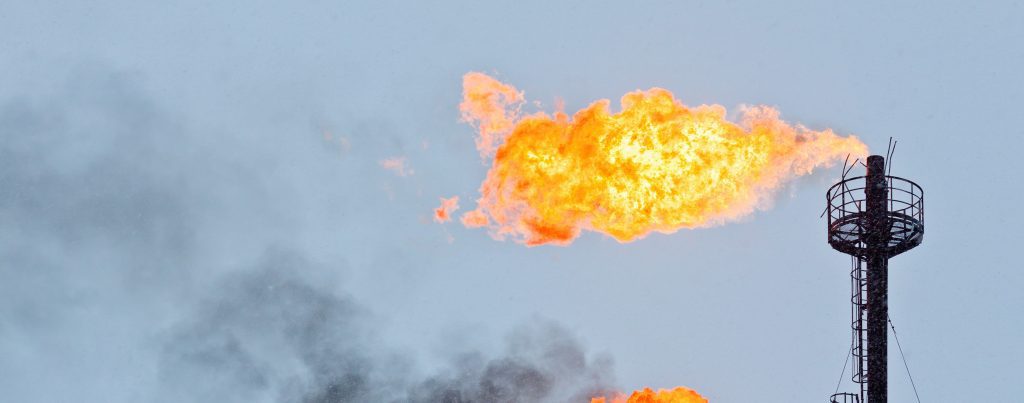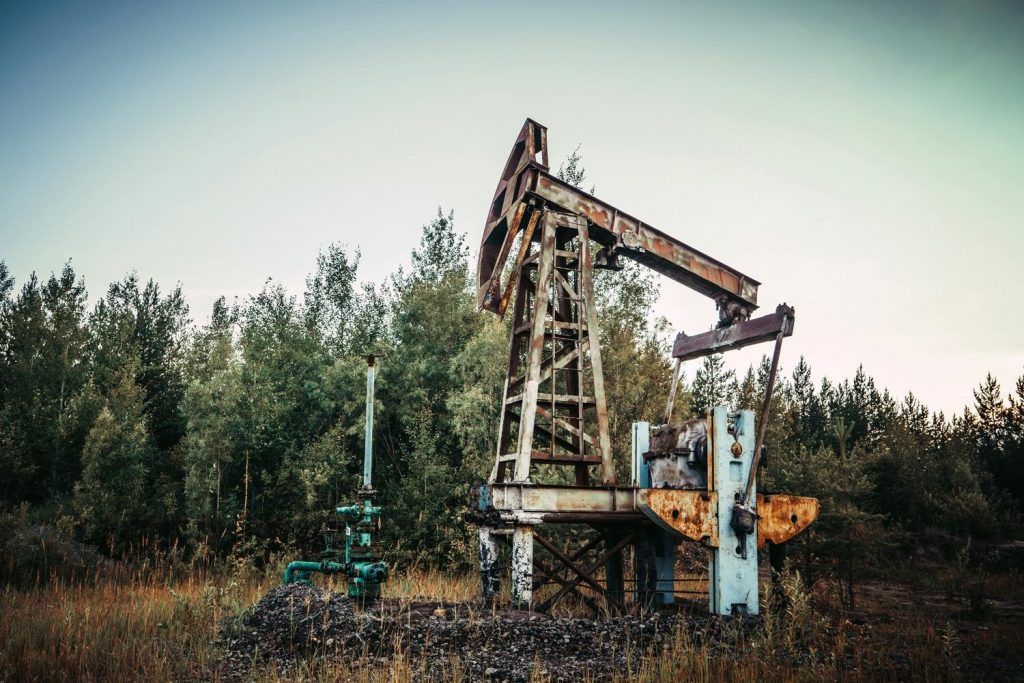Last month, the oil industry had a rather embarrassing stumble. A tar sands pipeline had one of the largest spills ever in Canada, spilling over 5 million litres of tar sands sludge in Alberta. And the kicker? The pipeline, which was owned by Nexen, was only a year old. So much for so-called “failsafe” technology.
Pipelines are risky businesses, threatening our water, land, and climate, as last week’s Ontario Energy Board report reiterated as well. Environmental Defence, in partnership with Toronto350.org, hosted a panel discussion in Toronto in July titled, In Harm’s Way, on the risks of the proposed Energy East pipeline. If built, Energy East would be the largest tar sands pipeline in North America.
Our panelists explained how Toronto residents would be affected by the Energy East pipeline proposal, despite living hundreds of kilometers away from the pipeline’s proposed route.
Policy analyst Erin Flanagan from Pembina Institute outlined in sharp detail the major climate risks that this pipeline would have, explaining how the project would increase Canada’s carbon pollution equal to putting 7 million new cars on the road. My colleague Adam Scott gave an overview of the Energy East project and the risks it poses to hundreds of communities, waterways, and ecosystems across the country. Ben Donato-Woodger shared what Toronto350.org has been doing to build a growing movement of opposition to pipelines here in Toronto, including block parties, mass mobilizations, and connecting Torontonians to the larger climate movement.
We were honoured that our final speaker was Chief Fawn Wapioke of Iskatewizaagegan No. 39 Independent First Nation near Kenora, Ontario, who joined via Skype. The massive pipeline would cut right across her community’s territory. Chief Wapioke has been firm on why she’s involved in opposing Energy East:
“I believe in our future. I believe as an Anishinaabe Ikwe my responsibility is to ensure that there is a future for my children that are playing around here, for their children, for their great great great grandchildren. How do we do that? How do we look at things today and say, is ‘it’ necessary?”
The choice is clear: do we want to let oil companies have it their way and recklessly expand the tar sands or do we follow the advice of scientists and leave the bulk of climate-destroying tar sands oil in the ground?
Across Canada, from coast to coast to coast, a diverse movement of people is building who are saying no to pipelines and yes to protecting our climate. This movement includes First Nations and allies, students, workers and retired people, long-time activists and newly engaged community members and communities. We are united by our desire to halt irresponsible tar sands expansion and put Canada on the path towards a clean economy, powered by renewable energy. This movement is growing stronger and louder.
You can help! Take action today and tell Premier Wynne Ontario should reject Energy East.







